Northvolt presents its own sodium-ion battery cell
Northvolt initially plans to use NA-ion or sodium-ion batteries (SIB) in stationary energy storage systems. Utilisation in electric vehicles is only envisaged in subsequent generations of technology with a higher energy density, but the latest cell is still considered a breakthrough.
This was thanks to development partner Altris. The cell developed together with Altris holds 160 Wh/kg. This “best-in-class energy density” was achieved at the company’s R&D campus, Northvolt Labs, in Västerås, Sweden.
It is based on a hard carbon anode and a Prussian White-based cathode—a variant of the inorganic colourant Berlin Blue, a so-called iron hexacyanoferrate. In Prussian White, some of the iron ions contained in Berlin Blue are replaced by sodium. The framework material also comprises iron, carbon and nitrogen. According to Altris, using iron as an electron source and filling the material with sodium provides a theoretical capacity of 170 mAh/g and an average output voltage of 3.2 V, which is very close to the cells Northvolt relies on.
Northvolt plans to be “the first to industrialise Prussian White-based batteries and bring them to commercial markets”.
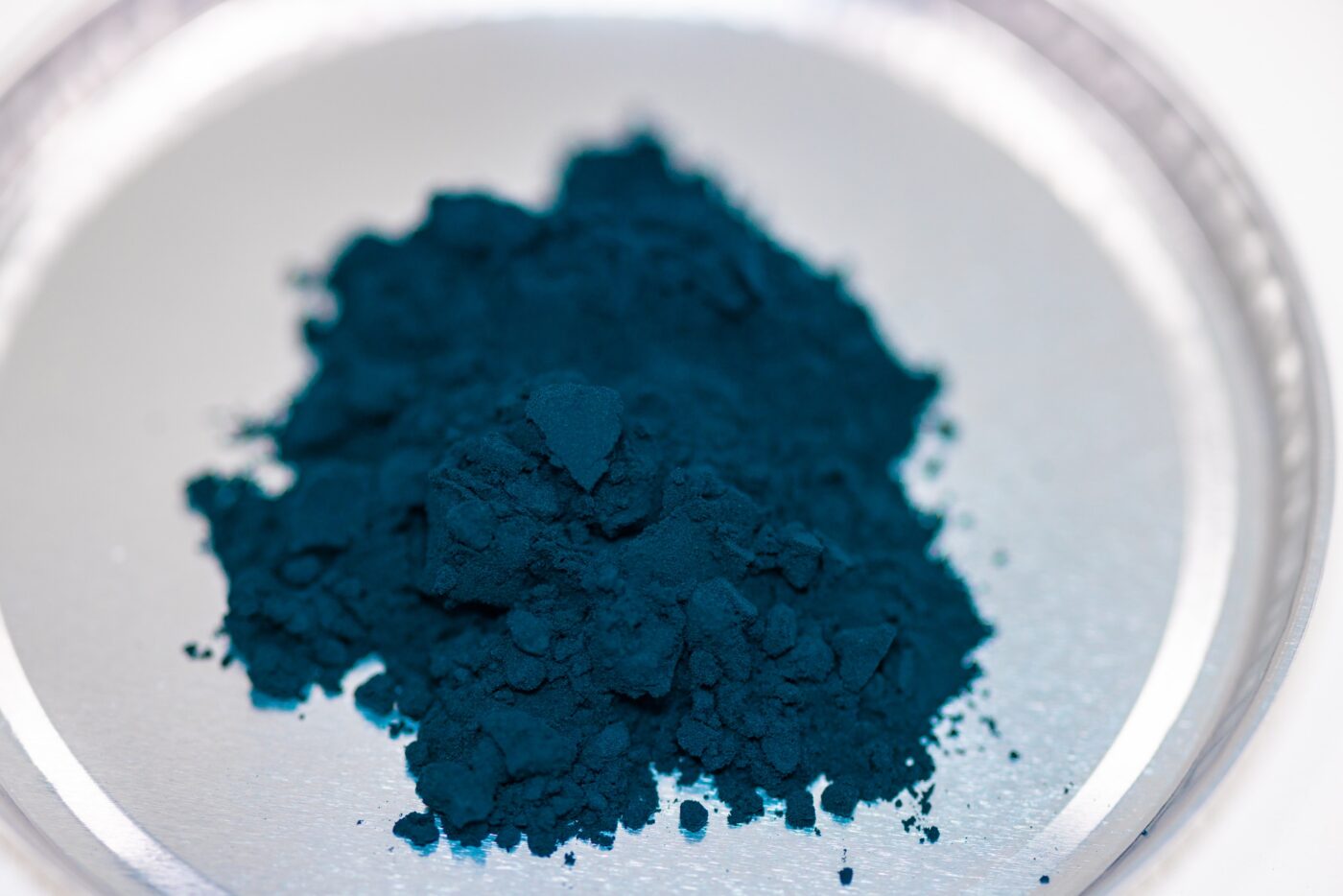
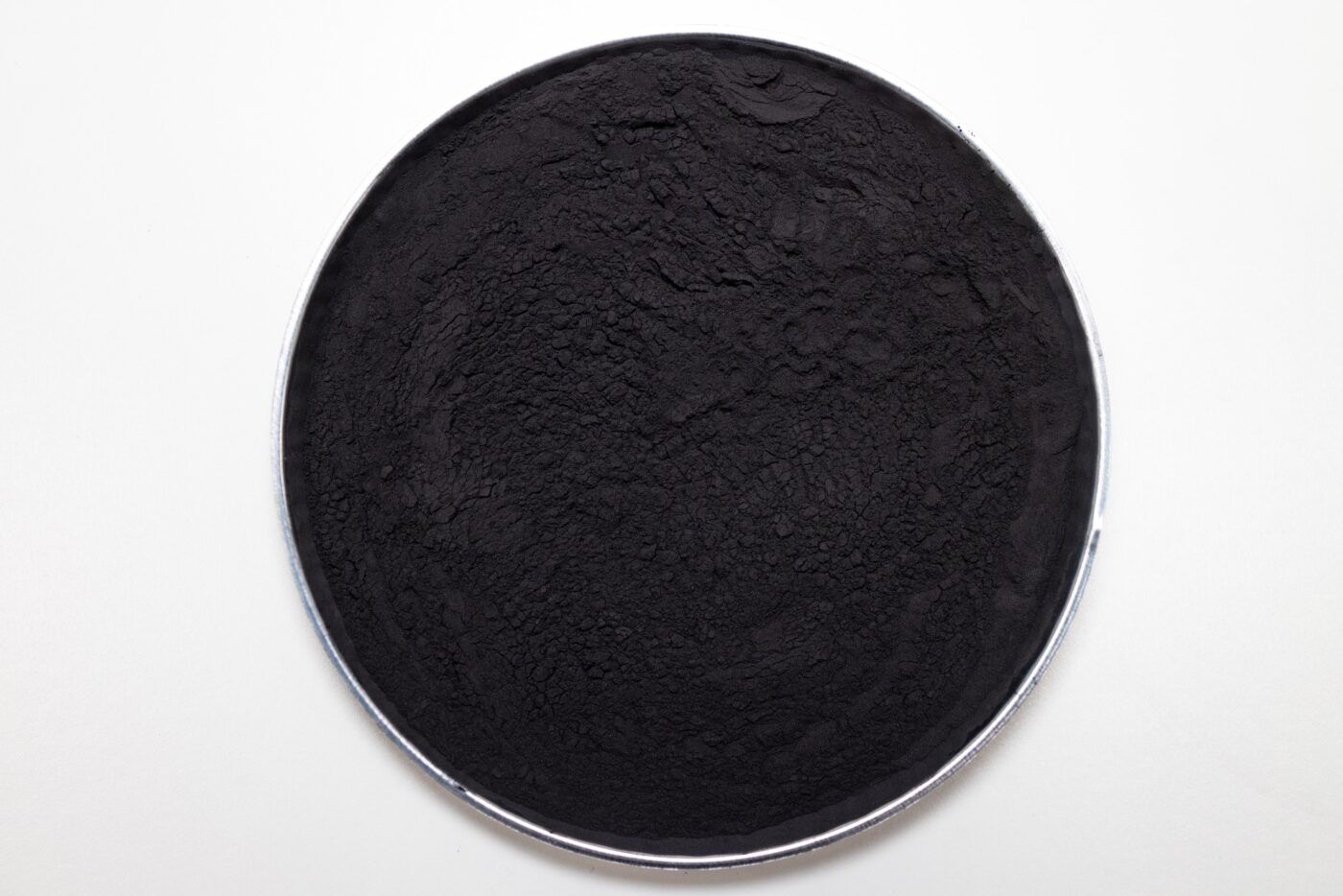
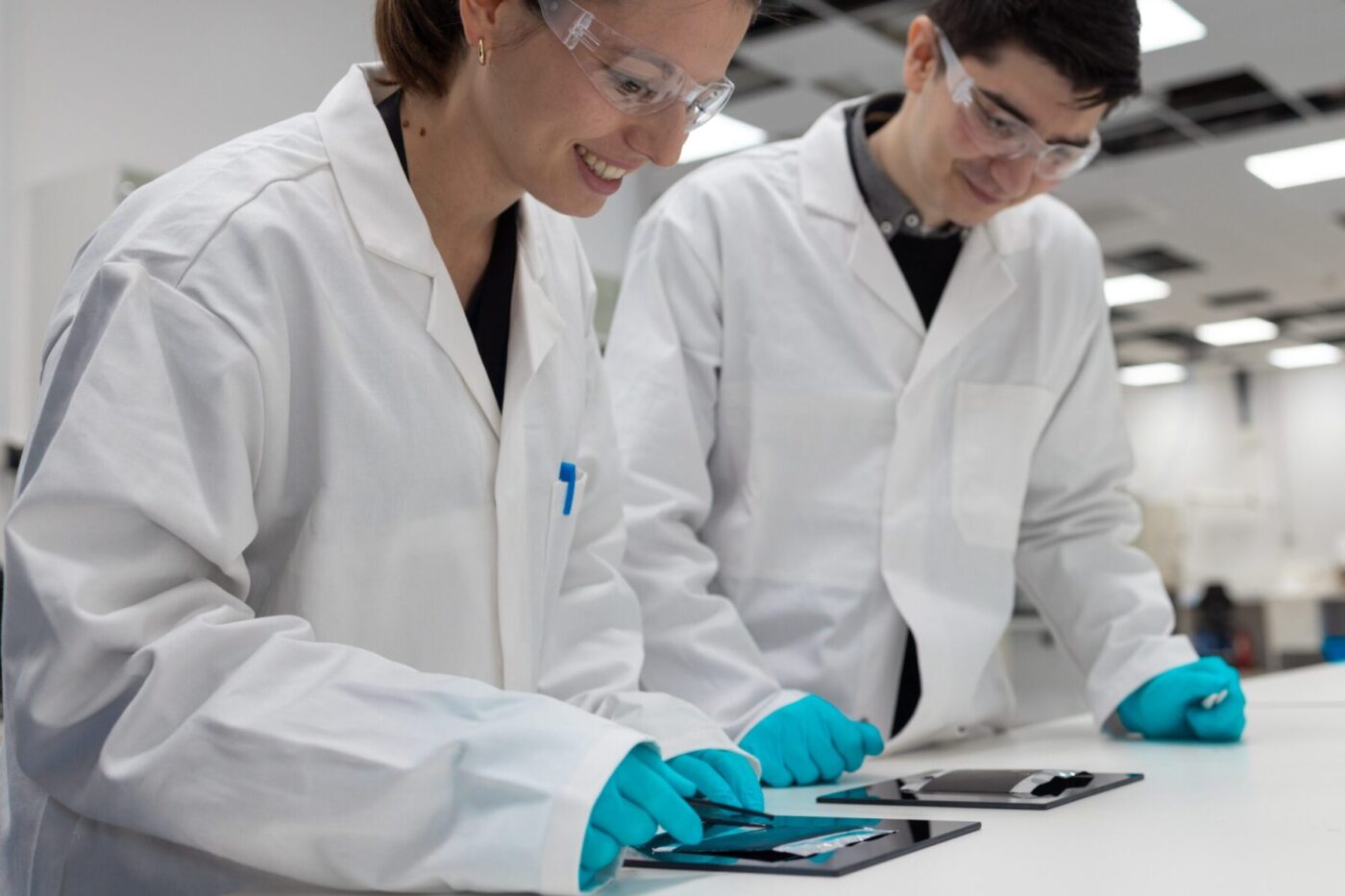
Altris already started on commercialisation. The developer of SIB cathodes announced last year to set up manufacturing in the city of Sandviken, about 200 kilometres north of Stockholm. Altris’ plant produces about 2,000 tonnes of Fennac – as Prussian White is also known – which is enough for 1 GWh of sodium-ion batteries annually.
The company adds that the now validated cell is “more safe, cost-effective, and sustainable than conventional nickel, manganese and cobalt (NMC) or iron phosphate (LFP) chemistries”. As with SIBs in general, minerals such as iron and sodium are “abundant on global markets,” adds Northvolt.
This also makes it cost-effective for next-generation energy storage solutions with a view on what Northvolt considers upcoming markets, including India, the Middle East and Africa.
Its CEO, Peter Carlsson, comments: “Our sodium-ion technology delivers the performance required to enable energy storage with longer duration than alternative battery chemistries, at a lower cost, thereby opening new pathways to deploying renewable power generation. The potential of sodium-ion in this market alone will make a tremendous impact in the drive towards global electrification.”
The partners did not disclose capacities, clients or timelines. But as for the other market, electric vehicles, Northvolt points to “subsequent generations delivering higher energy density opening opportunities to enable cost-efficient electric mobility solutions”.
The Ferrum plant is Altris’ third site, joining the company’s headquarters and research laboratory in Uppsala and a sales office in Guangzhou, China.
Speaking of China – plans for two large SIB factories have emerged this week. After BYD and Huaihai confirmed plans, Zoolnasm, a startup founded in January 2021, has already started constructing a 30 GWh SIB factory in Anhui.
BYD also signed a contract with Huaihai to build an SIB plant in China with an annual capacity of 30 GWh. The aim is to create the “world’s largest supplier of sodium battery systems for small vehicles”. A timeline has yet to be set.
Sodium-ion batteries are one of the few alternatives to Lithium-ion battery (LIB) technology, as these forego the potential scarcity and volatility of lithium. Even though the energy density of SIBs is lower than LIBs, SIBs have the potential for lower cell cost in USD/kWh, particularly in times of higher Lithium prices. (Note that Chinese manufacturers with better access to resources in a China-dominated market have also seen the price of lithium fall, which could affect SIB’s competitiveness in future.) We evaluated the technology’s advantages, disadvantages, and potential in a special report last spring.
Lastly, battery giant CATL also wants to move into SIB production from this year onwards. However, this is not about microcars and other light electric vehicles or energy storage systems – CATL’s sodium-ion cells will power Chery’s iCar brand, expected this year.

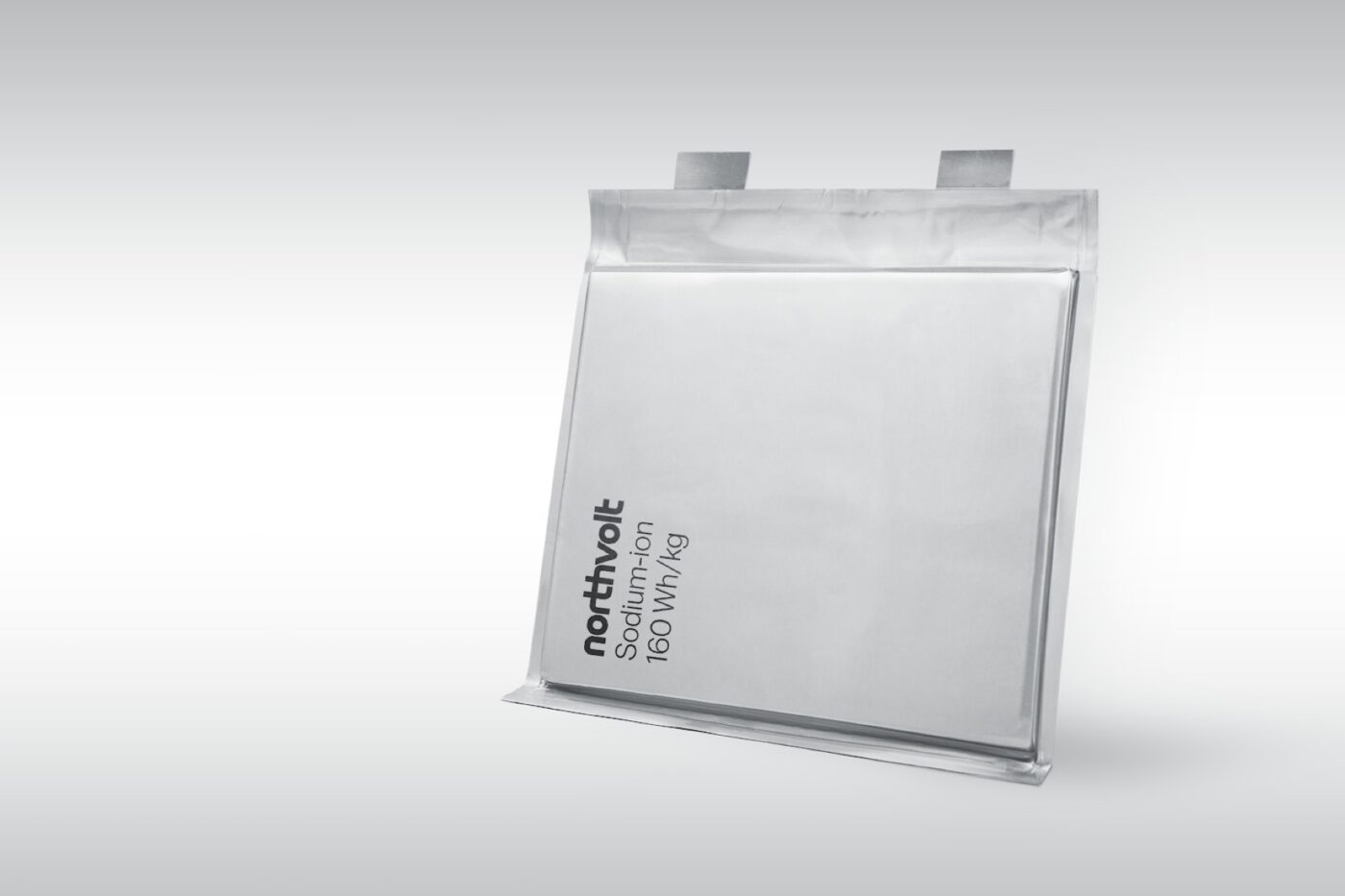
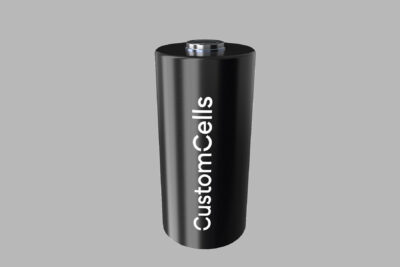
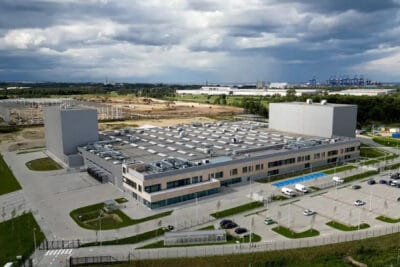
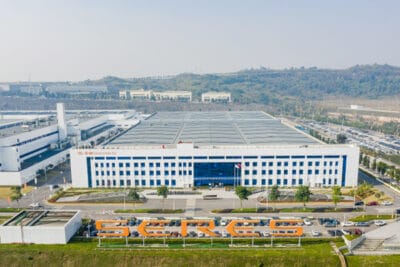
0 Comments